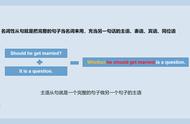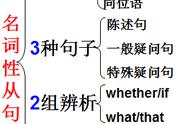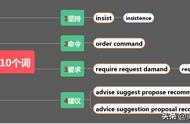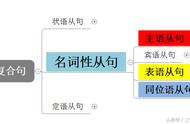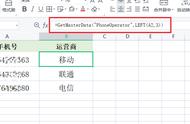在句子中起名词作用的句子叫名词性从句(noun clause)。
名词性从句的功能相当于名词词组,它在复合句中能充当主语、宾语、表语、同位语、介词宾语等,因此根据它在句中不同的语法功能,名词性从句又可分别称为主语从句、宾语从句、表语从句和同位语从句。
A.主语从句作句子主语的从句叫主语从句。
主语从句通常由从属连词that,whether,if,as if,because等,连接代词what,who,which,whatever,whoeverwhom等,以及连接副词how,when, where,why等词引导。
that在句中无词义,只起连接作用;连接代词和连接副词在句中既保留自己的疑问含义,又起连接作用,在从句中充当句子的成分。
because引导表语从句。
注:
whom,who指人,
what指物,
whatever,whoever表示泛指意义,
如:
①What he wants to tell us is not clear.
②Who will win the match is still unknown.
③It is known to us how he became a writer.
④Where the English evening will be held has not yet been announced.

主语从句
B.宾语从句名词从句用作宾语的从句叫宾语从句。
引导宾语从句的关联词与引导主语从句、表语从句的关联词大致一样,宾语从句的关联词在句中可以作谓语动词、介词、非谓语动词的宾语。
1.由连接词that引导宾语从句时,that在句中不充当任何成分,在口语或非正式的文体中常被省去,但当从句是并列句时,第二个分句前的that不可省,如:
He has told me that he will go to Shanghai tomorrow.
We must never think (that)we are good in everything while others are good in nothing.
※注意:在 demand, order, suggest, decide, insist, desire, request, command, doubt 等表示要求、命令、建议、决定等意义的动词后,宾语从句常用“(should) 动词原形”,如:
I insist that she (should) do her work alone.
The commander ordered that troops (should)set off at once.
2.用who, whom, which, whose, what, when, where, why, how, whoever, whatever, whichever 等关联词引导的宾语从句相当于特殊疑问句,应注意句子语序要用陈述语序,如:
I want to know what he has told you.
She always thinks of how she can work well.
She will give whoever needs help a warm support.
3.用whether或if引导的宾语从句,其主语和谓语的顺序也不能颠倒,仍保持陈述句语序。
此外,whether 与if 在作“是否”讲时在下列情况下一般只能用whether, 不用if, 如:
Whether there is life on the moon is an interesting question.
Everything depends on whether we have enough money.
I wonder whether he will come or not.

宾语从句
C.表语从句在复合句中,位于系动词之后作表语的从句叫表语从句。
引导表语从句的关联词与引导主语从句的关联词大致一样,表语从句位于连系动词后,有时用as if引导。其基本结构为:主语 系动词 that等关联词引导的从句,如:
The fact is that we have lost the game. That's just what I want.
This is where our problem lies.
That is why he didn't come to the meeting It looks as if it is going to rain.
※当主语是reason时,表语从句要用that引导而不用because,如:
The reason why he was late was that he missed the train by one minute this morning.

表语从句
D.同位语从句1.同位语从句对其前面的名词的具体内容起说明作用。同位语从句通常由that引导,可用于
同位语从句的名词有advice, demand, doubt, fact, hope, idea, information, message, news, order, problem, promise, question, request, suggestion, truth, wish, word 等,如:
The news that we won the game is exciting.
I have no idea when he will come back home.
The thought came to him that Mary had probably fallen ill.
2.同位语从句和定语从句的区别
that作为关系代词,可以引导定语从句,充当句子成分,在从句中作宾语时可以省略;
that引导同位语从句时,起连词的作用,没有实际意义,不充当句子成分,一般不能省略。
试比较下面两个例句:
I had no idea that you were here.(that引导同位语从句,不能省略)
Do you agree with the idea (that) he put forward at the meeting?(that引导定语从句,作宾语,可以省略)

同位语从句
